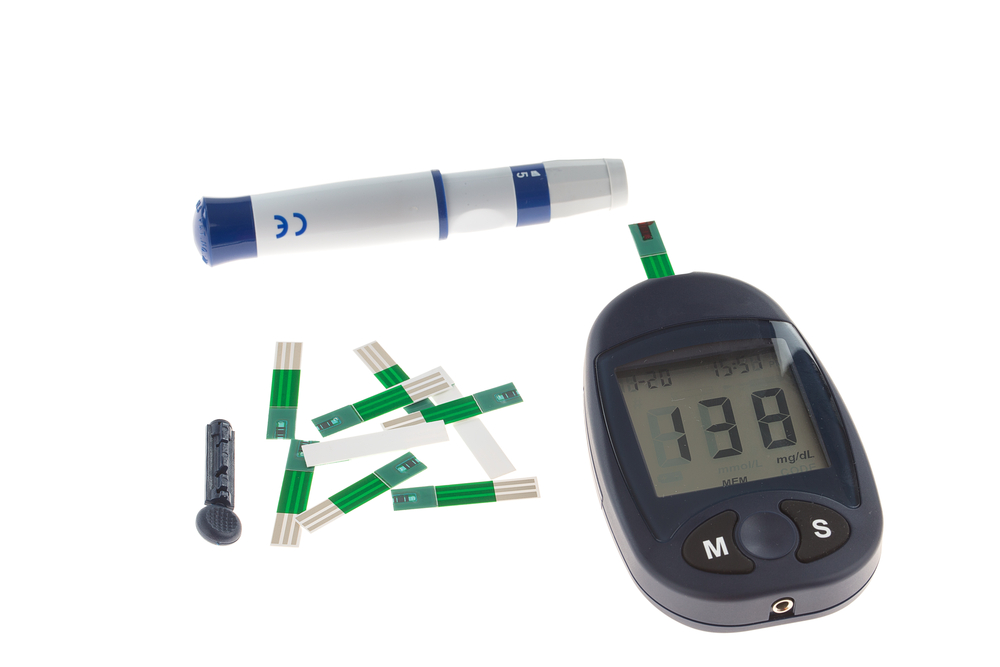
A sugar specialist can help you manage diabetes. The symptoms of diabetes are triggered by high blood sugar levels, and they can include numbness in the fingers, toes, and feet. Diabetic neuropathy is the result of damaged nerve cells. It's a devastating condition that can lead to amputation.
Table of Contents
Diabetes specialists

Diabetes specialists are trained to help patients who have been diagnosed with diabetes maintain a healthy blood glucose level. They provide medical care and education, and often work with a patient's primary care physician. These doctors can refer patients to other specialists, such as nutritionists, physiologists, or other health care professionals.
They help people with diabetes develop a personalized treatment plan that works with the patient's lifestyle. The plan may include dietary changes and medication. Patients must also learn how to check their glucose levels regularly. Some people with diabetes will need to visit the doctor several times each week for routine blood glucose testing. Patients will need to make adjustments to their diet and exercise to prevent complications of diabetes.
Fortunately, diabetes isn't a life sentence, and with proper guidance and diet, a person with diabetes can lead a healthy life. A doctor with expertise in diabetes treatment may recommend several treatments, depending on the severity of the condition. These specialists are available to help patients with diabetes manage their condition, from lifestyle changes to insulin.
A primary care physician can refer a patient to a diabetes specialist if they have concerns about their sugar levels. They are an important part of the diabetes team, as they oversee health maintenance and screening tests. They also act as a central coordination point, ensuring high-quality care for diabetes patients.
Diabetes can cause loss of sensation in the feet and legs. Regular eye exams are also vital for diabetic patients. If these problems are not addressed, the condition can progress into a serious complication. In some severe cases, diabetics may need amputations.
Diabetic neuropathy

Diabetic neuropathy is a condition in which nerves become damaged due to high blood sugar levels. The symptoms of diabetic neuropathy can range from sudden, numbness of the feet and legs, to bladder issues, nausea, and dizziness when standing. While most of these problems can subside with time, many people experience them for years before they get diagnosed.
Diabetic neuropathy can be diagnosed by a health care provider using a history and physical examination. During this appointment, the health care provider will check the strength of your muscles, reflexes, and sensitivity to touch. A doctor may also perform nerve tests to determine whether your nerves are functioning normally or are damaged by diabetic neuropathy.
Diabetic neuropathy can also be accompanied by neuropathic pain. Although this condition is relatively rare, it can disrupt sleep and cause severe discomfort. Some patients experience only a slight degree of pain, while others never experience any. The majority of patients will experience multiple types of pain, including burning and numbness.
Diabetic neuropathy can be treated using medications. Typically, treatment will include blood glucose management and pain management. In addition to medication, a diabetic patient will need to learn to exercise and eat a healthy diet. Physical therapy is another option to treat diabetic neuropathy.
Diabetic neuropathy can affect the heart. The condition can cause the heart to beat faster than normal and may lead to dizziness and lightheadedness. It can also affect the gastrointestinal tract and cause problems with digestion. Other symptoms include constipation, heartburn, and difficulty swallowing solid foods. Diabetic neuropathy can also affect sexual function, making it difficult to achieve orgasm.
Blood sugar monitors

Before purchasing blood sugar monitors, it is important to consult a sugar specialist or health care provider. These professionals can recommend a meter that works best for you and your needs. It is also helpful to choose a meter that has been approved by the Food and Drug Administration (FDA) for use in diabetes. Additionally, many health insurance providers cover the cost of specific meters, including Medicare.
A blood sugar monitor will give you an accurate reading on the amount of glucose in your blood. This reading can help you adjust your diet and physical activity. This information can also help you identify areas for improvement in managing your diabetes. With regular monitoring, you can improve your treatment plans and lower your risk of developing long-term complications.
Several companies are working on new glucose monitors that do not require pricking the skin. One of the most popular of these devices is the FreeStyle Libre, which measures the glucose levels in the interstitial fluid underneath the skin. While non-invasive glucose monitors are still in their infancy, they are a promising market.
One of the most important tests for type 2 diabetes is hemoglobin A1c, which is the average blood glucose level over time. It is difficult to measure using a finger-prick test because it requires a larger volume of blood. To test hemoglobin A1c, you need to visit a lab. Another option is continuous glucose monitors, which measure the interstitial glucose level, which is found between the cells. This can provide you with a more accurate reading than a fingerstick test.
A glucose monitor is not a miracle cure for diabetes, but it can improve your health and help you reach your glucose goals. It can also motivate you to exercise and eat healthier. That is why continuous glucose monitor manufacturers spend millions of dollars to push doctors to prescribe them. These companies also advertise directly to patients. For example, during the Super Bowl, they featured singer Nick Jonas in one of their ads.
Stress as a risk factor for diabetes

While conventional risk factors for type 2 diabetes include obesity, high blood pressure, and sedentary lifestyle, a growing body of evidence suggests that stress may also contribute to the risk of developing this disease. Stress can be the result of long-term or traumatic events, or from problems in one's personal life. It may also interfere with the person's ability to make healthy lifestyle choices, such as eating right and exercising.
The first step is to talk to your doctor about your symptoms and family history. Your doctor may conduct a fasting blood glucose test to measure blood glucose levels. They may also order a test called Hemoglobin A1C, which measures average blood sugar levels over the last two to three months. Once you identify your stressors, find healthy ways to cope with them. If your blood sugar levels start fluctuating, discuss them with your doctor.
Another study looked at the relationship between stress and incident type 2 diabetes. It found that perceived stress was a strong risk factor. Furthermore, it found a graded association between stress and incident type 2 diabetes. This result is consistent with other findings in the literature. Stress is a risk factor for diabetes, but it doesn't directly cause it.
Nevertheless, it remains unclear whether chronic stress affects glucose metabolism. Some evidence suggests that stress can influence the beta-cell stress hypothesis, which is linked to the autoimmune mechanism in the development of type 1 diabetes (T1D). Furthermore, chronic stress and obesity may contribute to metabolic failure, which increases the risk of T2D.
High stress levels can increase the risk of developing diabetes in older people. High stress levels can also lead people to engage in behaviors associated with diabetes, such as smoking and poor diet. Managing diabetes can also be stressful, with constant monitoring of blood sugar levels and insulin injections.










